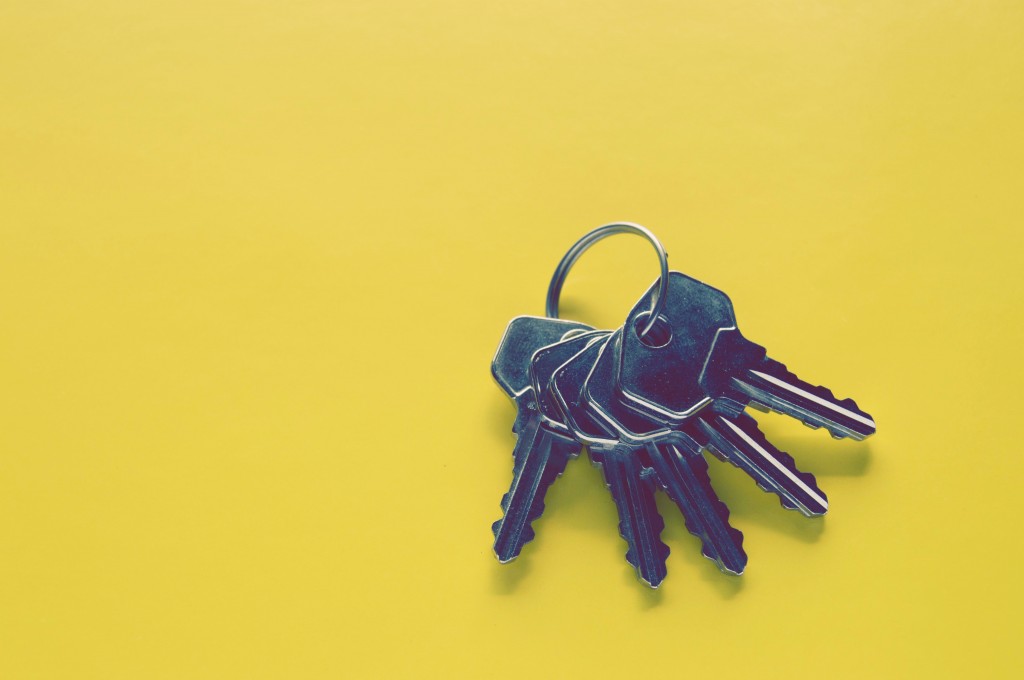-
Lot Size
-
Home Size852 sqft
-
Beds2 Beds
-
Baths1 Bath
-
Year Built1972
-
Days on Market44
8 Tips on Settling Into Your New Home
- Real Estate Tips
- August 7, 2018
 Buying a new home is a momentous occasion. However, moving and settling into your new home can be chaotic, and sometimes incredibly stressful. Not to worry, there are ways to maintain organization and make settling into your dream house that much easier.
Buying a new home is a momentous occasion. However, moving and settling into your new home can be chaotic, and sometimes incredibly stressful. Not to worry, there are ways to maintain organization and make settling into your dream house that much easier.
Here are some tips on settling into a new house:
1. Change Your Address ASAP
Avoid missing any important bills or wedding invitations. Aside from informing your friends and family of your address change, make time to go to the post office and fill out an official change of address form. Some banks and financial institutions allow customers to change their addresses online, but if they don’t make sure to contact them directly.
2. Secure Your Home
Secure your new home by having the exterior locks changed. After all, you never know how many people the previous owners may have made copies for. Buy new batteries for your smoke and carbon monoxide detectors. Then test them to ensure they are working properly. Having a first aid kit and a fire extinguisher is always a good idea. If your new home has one, check the pressure gauge to see if it is still functional. Lastly, make sure you know the location of your home’s circuit breaker and the water-off valves.
3. Familiarize Yourself With Your New Home’s Location
Get to know the main streets and highways near your home. Map out the nearest gas station, grocery store, hospital, bank, and post office in relative distance to your home. Try and determine the best route to work, and which streets you can take to get the kids to school when they’re running late and miss the bus. Also, find the nearest park, for after you’ve settled in, to take a nice relaxing break.
4. Review Your Home Owner’s Association Rules
If you bought a home that is a part of the HOA, review the rules. The Home Owner’s Association (HOA) is a private organization located in communities throughout the United States. They have strict rules on what homeowners can and cannot do to their property, such as upgrading the property or small construction jobs. In order to avoid fines, be sure to know what changes you are allowed to make.
5. Get To Know Your Neighbors
Your neighbors are more than likely going to be living next to you for a while. So get to know them and establish a friendship. Neighbors can look after your house while you’re relaxing on vacation and might even lend you supplies when you need them. So why not try and build a relationship with them. They might even offer resources as to where to get the best take-out on a Friday night.
6. Transfer Your Utilities
Change your utility bills to your new address. This includes water, electricity, gas, phone, and internet. If needed, sign up for a service change. Nothing is worse than trying to clean up after a long move, only to find that the water hasn’t been turned on yet.
7. Stock Up On Supplies
There are a few supplies that every home should have in case of guests or emergencies. Make sure you have a basic set of tools and know how to use them. Gather some basic cleaning supplies, a set of scissors, duct tape, safety kit, power outage essentials, and a fire extinguisher. Have extra sheets, towels, and pillows in case of guests.
8. Keep Paperwork Organized
It’s always a good idea to have a file folder to keep track of important receipts and documents. Store all of your moving-related paperwork in an easy to find folder come tax season! You should also keep your final home buying documents in either a fireproof safe or an offsite safety deposit deposit box.
Moving is an exciting time, so breathe easy! While things may seem chaotic as you move your valuables and possessions from point A to B, don’t forget to smile. You’ve come a long way and finally made the plunge. So use these tips to your advantage and settle into your sweet new digs with ease.




